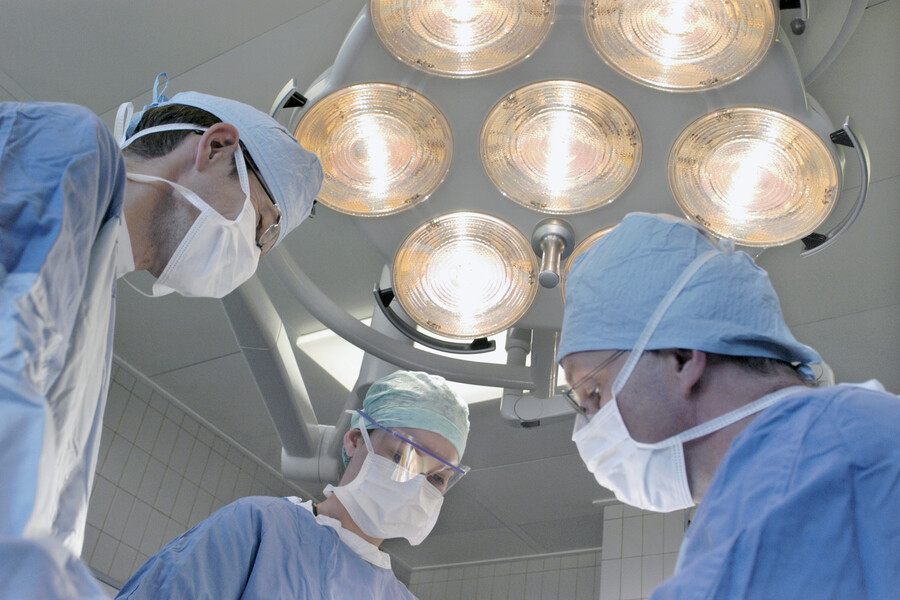A strong link - evaluation of the Good Use of Medicines programme

At the request of the Ministry of Health, Welfare and Sport, the Dutch national organisation for health research and development (ZonMw) commissioned an evaluation of the ten-year Good Use of Medicines (GGG) programme. SiRM conducted the evaluation and concluded that the GGG program contributes to a vibrantly growing field of research. The scientific benefits of the program are large: completed GGG projects have resulted in at least almost a thousand scientific publications. The health economic analysis shows that ten years of GGG has provided at least 9,800 life years in good health and that the net monetary benefits are more than €1 billion, of which €200 million monetised QALYs.
At the request of the Ministry of Health, Welfare and Sport, ZonMw (the Dutch national organisation for health research and development) commissioned an evaluation of its Good use of Medicines (Goed Gebruik Geneesmiddelen, GGG) programme to coincide with its tenth anniversary. The aim of the GGG programme is to use existing medicines more effectively, safely and efficiently. After starting with general, open subsidy rounds, more targeted rounds have also been set up in recent years. In total, approximately €190 million in subsidies was granted to projects in the GGG programme. The GGG Council has a guiding role for the programme. Assessment at the project level is done by programme committees. In addition to subsidising research, GGG carries out other activities to achieve its goals, including organising a large annual conference.
ZonMw has set up an external evaluation committee for the evaluation with representatives of the stakeholders in the programme. ZonMw has assigned SiRM to carry out the evaluation. The purpose of the evaluation was to map out the benefits of the programme, as well as its positioning and programme management. This report describes SiRM's conclusions on these three topics. A separate document contains the reflection of the external evaluation committee on this report and the committee’s recommendations based on it.
To carry out the evaluation, SiRM conducted interviews about the positioning and programme management . In addition, we prepared a database with information for each completed project, based on the final reports and the programme administration of ZonMw. We have supplemented the database with information from an online questionnaire that we distributed to the project leaders of completed projects. We performed three analyses based on this database: an analysis of scientific results, a guidelines analysis and a health economics analysis.
SiRM concludes that the GGG programme holds a key position in Dutch research into appropriate use of existing medicines. The GGG team is committed to careful processes and offers researchers abundant support. The programme also proactively responds to the needs of the research field. There is, however, the impression that the time of those involved can be spent more effectively. For example, the GGG team itself is hindered by substandard ICT infrastructure at ZonMw. The programme as a whole can also operate more effectively if it functions as a link in a system aimed at rational pharmacotherapy even more so than it already does.
This evaluation shows that GGG contributes to a vibrantly growing field of research. The scientific benefits of the programme are considerable: completed GGG projects have resulted in at least almost a thousand scientific publications, often in leading journals, and approximately three quarters of the completed projects led to follow-up research. About a quarter of the research results have been applied in guidelines. GGG projects regularly contribute to improvements in clinical practice, but because implementation of results does not always take place, much potential remains untapped.
The health economics analysis shows that ten years of GGG has resulted in a gain of at least 9,800 years of life in good health. Since only three projects reported statistically significant gains in quality adjusted life years (QALYs), we use the words ‘at least’ emphatically here. Other completed GGG projects also yielded quality gains, but this was not measured in QALYs, or was ultimately not statistically significant. The net monetary gains of ten years of GGG are over €1 billion, of which €200 million are monetised QALYs. With realistically ambitious implementation rates, the number of years of life gained in good health could have been 13,500 and the net monetary gains €1.5 billion.



